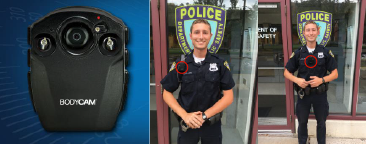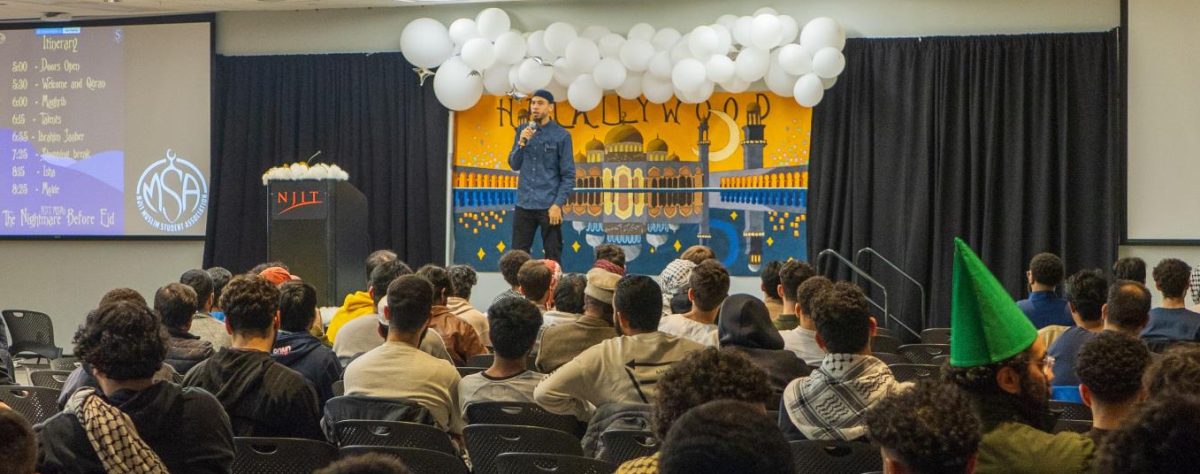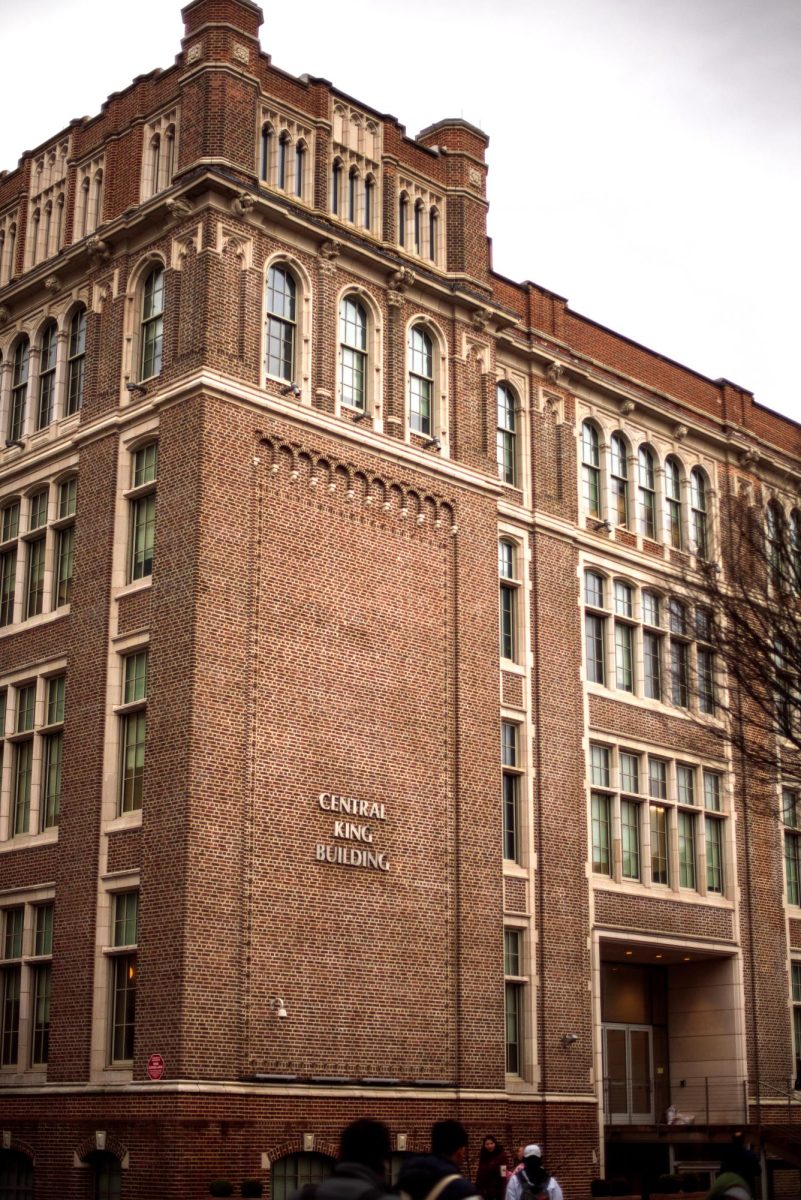NJIT Public Safety officers have been deployed with new Body-Worn Cameras (BWCs) since Sept. 1. The pros behind this are exactly what the general population wants with the rise in cases of police brutality, but what about the negative implications that people are unaware of? What most assume to be an easy solution is in fact more complicated than it appears on the surface.
Public Safety owns 40 body-cameras and every on-duty officer is equipped with a Pro-Vision Body Cam. Each camera is built to be waterproof, is capable of recording at night with infrared illuminators, includes built in microphones and a 170 degree field of vision on top of other specs.
“At first officers were a bit uncomfortable, but as we began using them in training, they adjusted to the change… the camera helps improve the officer’s performance,” said Joseph Marswillo, the Chief of Police at NJIT. The purpose of the camera is not only to hold the police accountable for their actions, but also civilians. Once both parties understand they are being recorded, it can help deescalate the situation and improve the outcomes of interactions.
The process of wearing the cameras was far from easy. Before being issued their body-camera, all officers are required to participate in departmental training. The training consisted of body camera policy review, use of equipment training videos, a policy review PowerPoint / test prep, and a 27 question test.
One of the arguments for body-cameras is that they offer an objective truth instead of the “your word vs theirs” predicament that takes place in most civil suits. Chief Marswillo mentioned, “Most police departments will be adapting body-cameras.” Most towns in New Jersey have already seen law enforcement officers using the cameras and not too long ago did the NJ Attorney General announce a half a million initiative to fund BWCs to be worn throughout state police departments.
With an increasing amount of officers wearing body-cameras, the scope of the visual and audio records is unlike anything before it. Who can see this footage? Just about any citizen of the State of New Jersey, minus a few exceptions.
Under the state’s Open Public Records Act (OPRA), a “record” is deemed as a “document, drawing, plan, photograph, image processed document, information stored or maintained electronically or by sound-recording” that is kept in file in the course of official business by any officer, commission, agency or authority of the state.
NJIT Public Safety worked intensely to come up with a policy of their own for who was allowed to view those records, and the process was anything but simple. By policy, any footage released that is not a part of a criminal investigation, civil discovery or subpoena (a writ ordering a person to court), must first be approved by the Essex County Prosecutor’s Office or Division of Criminal Justice. Body-cam footage can only be stored for at least 90 days according to policy.
Body-cameras blur the line between safety and privacy. While there is accountability for people’s actions, the cost could be something most do not come to think of.
Fortunately, NJIT Public Safety follows a protocol for situations that involve entering private areas, such as a dorm room. Officers are allowed to turn their body camera on when entering a resident’s room, provided they are within the resident’s room for a law enforcement purpose. Officers are required to advise victims and witnesses within the area, if safe and practical to do so, that those parties are being recorded.
The reason for Public Safety adopting body-cameras is to improve their relationship with students and assure their safety. While most students are unaware of the cameras, they do support Public Safety’s decision to use them. “I don’t mind at all. It’s them showing more awareness and gives more safety to us,” mentioned Ashraf Siddique, a fellow NJIT student.
Public Safety has a positive relationship with students as they host at least 3 campus events bonding and showing their good sides. They have more plans to improve their services behind the scenes that deserve praise for going the extra mile to ensure students’ protection and their own liability.











































